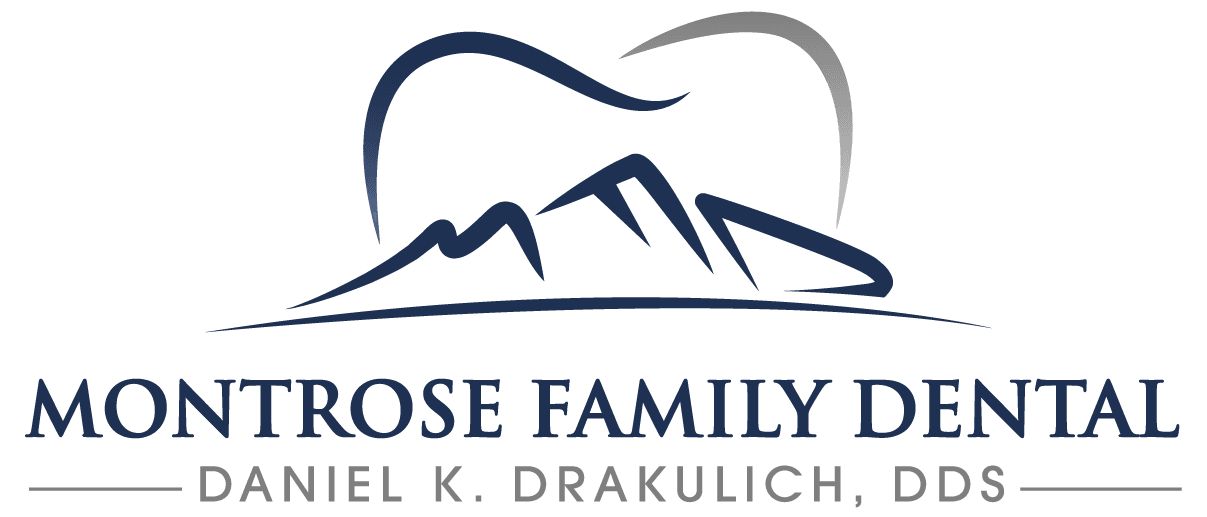Regardless of how rigorous your preventative dental care may be, bacteria will still be present in your mouth. After eating and drinking there will always be some residue left behind, even with strict brushing and flossing. In time, if not removed, that residue will turn to tartar and begin to accumulate.
The presence of tartar makes brushing and flossing less effective, and that can lead to tooth decay and cavities.[1] Gums can become inflamed due to all the excess bacteria, and at some point, that inflammation could even develop into periodontitis (infections in the gums).
What Is Tartar?
Tartar, also referred to as calculus, is a hard substance that adheres to the teeth above and below the gum line. It begins as plaque, and if not removed will harden into a much more damaging state. It is rough and porous, leaving gaps for more bacteria to creep in and be left untouched on your teeth. Even more worrisome, once it is there, it can only be removed with specialized tools at a dentist’s office.[1]
5 Things You Can Do to Stop Tartar in Its Tracks
- Brush and floss daily: The American Dental Association (ADA) recommends brushing and flossing twice daily for at least 2 minutes. Removing as much bacteria and food particles as possible is the most important step in preventing plaque and tartar.
- Avoid tobacco products: Both smoking and chewing tobacco result in a reduced ability to generate saliva. Some researchers believe this puts tobacco users at higher risk to developing tartar and associated gum diseases.[1]
- Use ADA-approved toothbrushes: The American Dental Association has a specific set of requirements that toothbrushes must meet to be considered approved. Always choose a toothbrush with an ADA seal on it, as it has been proven to remove bacteria and plaque. Furthermore, some research suggests that electric toothbrushes, like those made by Sonicare, may be even more effective than manual ones when it comes to reducing tartar accumulation.[1]
- Follow a healthy diet: People who eat a diet high in sugar are at greater risk for developing tartar. Sugar makes the bad bacteria in your mouth more active, so brushing after sugar consumption is extremely important.
- Use an antiseptic rinse: Using a mouthwash in conjunction to brushing and flossing can help remove bacteria that are left behind. It is just one more step to clearing out as much bacteria as possible and keeping plaque from collecting on the teeth.
Healthy Habits Can Reduce Tartar Accumulation
Brushing, flossing and making healthy choices will keep you from building up a dangerous amount of tartar. It is always recommended to visit your dentist for regular cleanings and dental treatments to have any tartar buildup removed.
_______________________
Referenced Source(s)
[1] WebMD.

